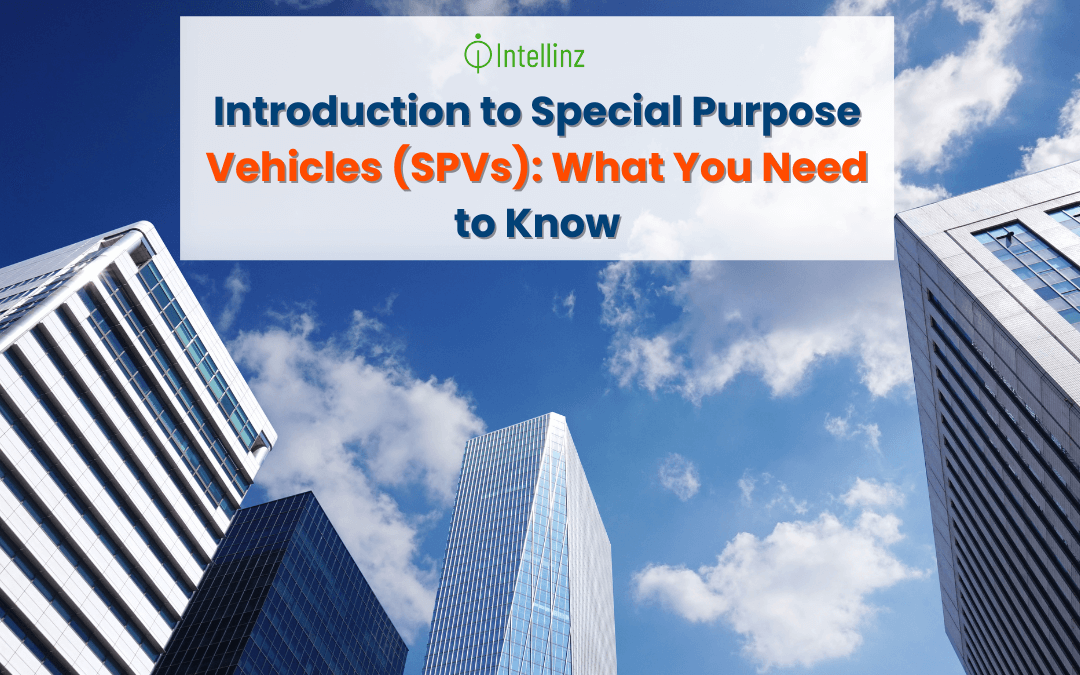Special Purpose Vehicles (SPVs), sometimes referred to as Special Purpose Entities (SPEs), are vital components of the complex world of corporate architecture and financing.
These organizations are designed to fulfill particular, well-defined functions, chiefly to reduce financial risk and enable different kinds of financial transactions.
Businesses can take use of SPVs’ advantages for asset securitization, risk management, and other uses by learning about them.
We will cover all you need to know about special purpose vehicles (SPVs) in this article.
Understanding to Special Purpose Vehicles (SPVs)
To securitize or isolate assets in a different company that is frequently kept off the balance sheet, a parent company establishes an SPV. It might have been established to take on a hazardous project and shield the parent business from the worst-case scenarios of its failure.
In other situations, the SPV might have been established specifically to securitize debt, providing investors with a repayment guarantee.
What Is the Use of Special Purpose Vehicles?
A subsidiary company established for the purpose of carrying out a particular commercial activity is known as a special purpose vehicle (SPV).
SPVs are frequently used to separate parent company assets, activities, or risks in certain structured finance applications, such as joint ventures, asset securitization, and real estate transactions.
Although creating SPVs has numerous legal applications, they have also been linked to a number of financial and accounting scandals.
Applications for Specialty Automobiles
The most typical justifications for establishing SPVs are as follows:
1. Sharing of risks- A company’s endeavor could carry a lot of risk. By setting up an SPV, the company can share project risks with other investors while also legally isolating those risks.
2. The act of securitizing- One major rationale for establishing an SPV is the securitization of loans. For example, a bank can create an SPV to isolate the loans from its other responsibilities while issuing mortgage-backed securities from a pool of mortgages. The Special Purpose Vehicle (SPV) enables investors in mortgage-backed securities to obtain payment for these loans ahead of other bank debtors.
3. Transfer of assets- Transferring some kinds of assets might be challenging. Thus, in order to own these assets, a firm may establish an SPV. They can easily sell the SPV as part of a merger and acquisition (M&A) procedure when they want to transfer the assets.
Advantages and Risks of Special Purpose Vehicles (SPVs)
With a number of benefits, Special Purpose Vehicles (SPVs) are effective tools for company structuring and funding. They do, however, carry some hazards. Making judgments about their use that are well-informed requires an understanding of both factors.
Advantages:
-Single-source financial risk
-direct possession of a certain asset
-If the car is made in a tax haven like the Cayman Islands, tax reductions will apply.
Risks:
-Because the vehicle doesn’t have the same credit as the sponsor, it has less access to finance.
-If an asset is sold, mark-to-market accounting standards may be activated, which would have a major effect on the sponsor’s balance sheet.
-Regulation changes may result in major issues for the businesses that use these cars.
In Summary
Special Purpose Vehicles are effective financial instruments that can provide a number of advantages, including flexible operations, financing options, and risk management.
They do, however, also carry hazards and complications that need to be properly handled. Leveraging the benefits of SPVs while limiting any potential drawbacks requires an understanding of their complexities as well as the maintenance of transparent and compliance processes.






